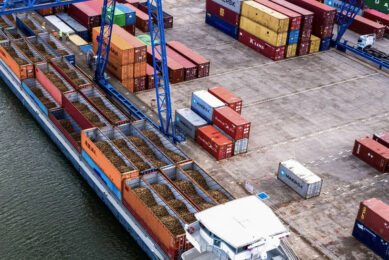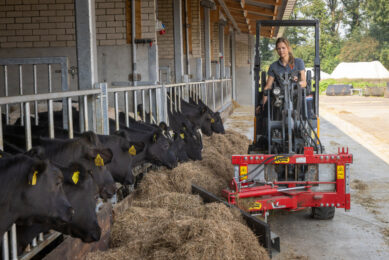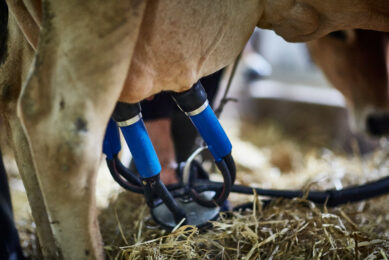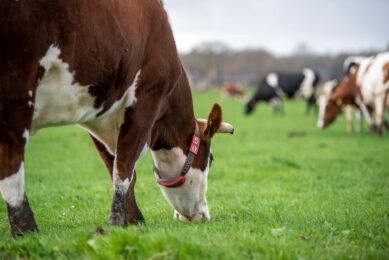UK: calls for action on dairy supply chain contracts
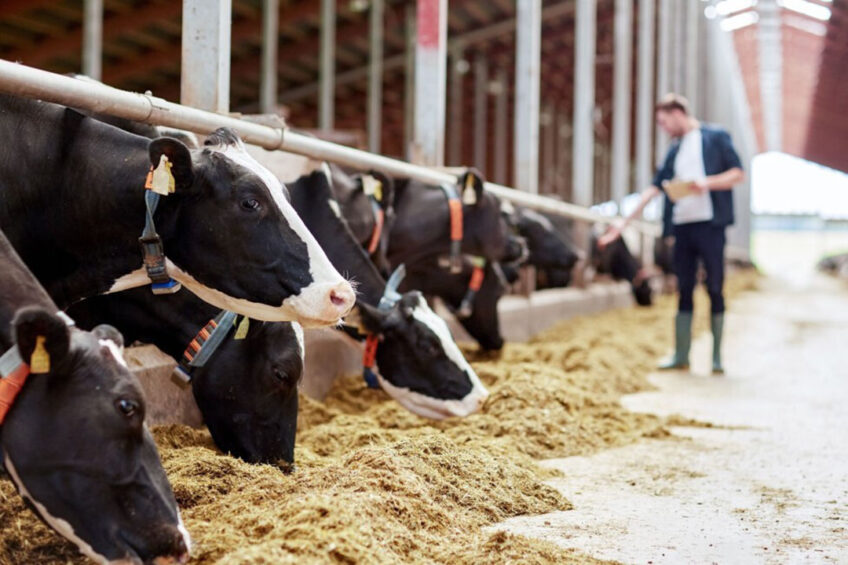
Calls for the UK government to bring fairness in the dairy sector through the regulation of dairy contracts have been made by National Farmers’ Union leaders.
Minette Batters, NFU president, said the government had last year announced it would regulate contracts to enable fairer terms for dairy farmers, but nothing had happened since.
Batters said it was one of several areas where British food was under threat – a point that was highlighted in a surprise intervention by the former director general of MI5, Baroness Manningham-Buller, who said food was part of our critical infrastructure and that government needs to be consistent in planning for food supply.
In response, Batters said: “I couldn’t agree more, particularly at a time when global volatility is threatening the stability of the world’s food production, food security and energy security.
“We have already seen the egg supply chain crippled under pressure caused by these issues, and I fear the country is sleepwalking into further food supply crises. We need government and the wider supply chain to act now – tomorrow could well be too late.”
Improve dairy market
West Midlands dairy farmer, Michael Oakes, said the regulation of dairy contracts was an important piece of the jigsaw to help improve the entire dairy market. Oakes, who chairs the NFU’s Dairy Board, said a previous code of best practice on contractual relationships in the industry was unsuccessful as not all buyers signed up to it and consequences for breaching it did not exist.
Farmers, he said, remained in a weak negotiating position and carry a disproportionate amount of risk in the supply chain: “Two years ago, during the Covid-19 pandemic, we witnessed huge amounts of risk passed down to dairy farmers at an alarming rate, and in 2020 the government launched a consultation on regulating dairy contracts.
“The industry responded and widely supported change, with the government announcing last year that they would regulate diary contracts under powers in the Agriculture Act. The Milk Purchasing Code, which will outline legally enforceable standards to which dairy contracts must comply, is expected to be laid before Parliament next year and will help prevent abuses of power, unfair contract clauses, and improve transparency in the supply chain.”
But Oakes said the pace of progress had been slow. At a time when input costs such as energy, fertiliser and feed remain high along with uncertainty in the market, producers remained vulnerable to unfair contract terms.
Lobbying is taking place to:
- Ensure the new Code provides more transparency to farmers on pricing and allows flexibility and choice on options to generate milk prices.
- Formalise notice periods to protect farmers and allow proper market function.
- Include possible options for a non-exclusive contract in some circumstances.
- Tackle 1-sided contract clauses.
- Offer more fairness to contract changes and negotiations.
“Regulation of dairy contracts will be an important piece of the jigsaw to help improve the entire dairy market, not just for farmers, but for relationships all along the supply chain. It could genuinely put the dairy industry on a much more certain footing and allow us to move on from some of the issues of the past.”
The issue has been taken up by the Food Ethics Council, which has been asking farmers whether supply chains and contractual relationships are a block on positive change. Dan Crossley, executive director, said it was clear the sector needed better regulation: “We urgently need properly enforced regulation to stamp out bullying and abusive practice in the dairy sector. We also need proper support to provide dairy farmers new routes to market, including direct selling, plus incentives for those wanting to transition to fairer and more ethical dairy.”
Join 13,000+ subscribers
Subscribe to our newsletter to stay updated about all the need-to-know content in the dairy sector, two times a week.



